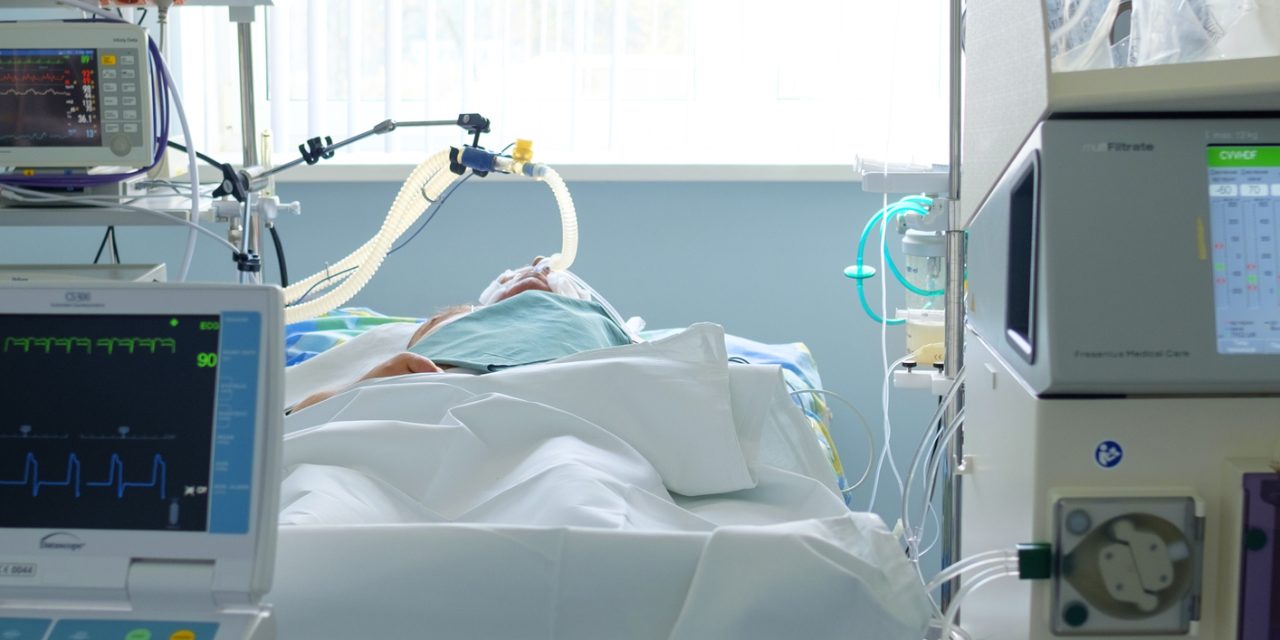We examined adults with untreated Burkitt lymphoma (BL) from 2009-2018 across 30 US cancer centers. Factors associated with progression-free survival (PFS) and overall survival (OS) were evaluated in univariate and multivariate Cox models. Among 641 BL patients, baseline features included: median age 47 years; HIV+ 22%; ECOG performance status (PS) 2-4 in 23%; >1 extranodal site 43%; advanced-stage 78%; and central nervous system (CNS) involvement 19%. Treatment-related mortality (TRM) was 10% with most common causes being sepsis, gastrointestinal bleed/perforation, and respiratory failure. With 45-month median follow-up, 3-year PFS and OS rates were 64% and 70%, respectively, without differences by HIV status. Survival was better for patients who received rituximab vs. not (3-year PFS 67% vs. 38%; OS 72% vs. 44%; P<0.001) without difference based on setting of administration (inpatient/outpatient). Outcomes were also improved at an academic vs. community center (3-year PFS 67% vs. 46%, P=0.006; OS 72% vs. 53%, P=0.01). In multivariate models, ages ≥40 (PFS HR=1.70, P=0.001; OS HR=2.09, P<0.001), ECOG PS 2-4 (PFS HR=1.60, P3x (PFS HR=1.83, P<0.001; OS HR=1.63, P=0.009), and CNS involvement (PFS HR=1.52, P=0.017; OS HR=1.67, P=0.014) predicted inferior survival. Further, survival varied based on number of factors present (0, 1, 2-4 factors): 3-year PFS rates 91%, 73%, 50%, respectively; 3-year OS rates 95%, 77%, 56%, respectively. Collectively, outcomes for adult BL in this real-world analysis appeared more modest compared with results of clinical trials and smaller series. In addition, prognostic factors at diagnosis identified patients with divergent survival rates.Copyright © 2020 American Society of Hematology.
Burkitt Lymphoma in the Modern Era: Real World Outcomes and Prognostication Across 30 US Cancer Centers.
Jul 16, 2020
Contributor: Andrew M Evens,Alexey V Danilov,Deepa Jagadeesh,Amy Lynn Sperling,Seo-Hyun Kim,Ryan A Vaca,Catherine Wei,Daniel Rector,Suchitra Sundaram,Nishitha Reddy,Yong Lin,Umar Farooq,Christopher D'Angelo,David Bond,Stephanie Berg,Michael C Churnetski,Amandeep Godara,Nadia Khan,Yun Kyong Choi,Maryam Sarraf Yazdy,Emma Rabinovich,Gaurav Varma,Reem Karmali,Agrima Mian,Malvi Savani,Madelyn Burkart,Peter Martin,Albert Ren,Ayushi Chauhan,Catherine Sibyl Diefenbach,Allandria Straker-Edwards,Andreas Klein,Kristie Blum,Kirsten Boughan,Scott E Smith,Bradley M Haverkos,Victor Manuel Orellana-Noia,Vaishalee Kenkre,Adam S Zayac,Jeremy Ramdial,Seth Maliske,Narendranath Epperla,Parameswaran Venugopal,Tatyana Feldman,Stephen D Smith,Andrzej Stadnik,Kevin A David,Seema Naik,Izidore S Lossos,Matthew Lunning,Paolo F Caimi,Manali Kamdar,Neil Palmisiano,Veronika Bachanova,Craig A Portell,Tycel Phillips,Adam J Olszewski,Juan Pablo Alderuccio


